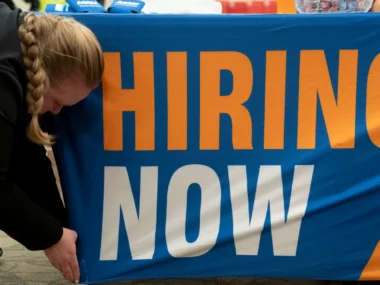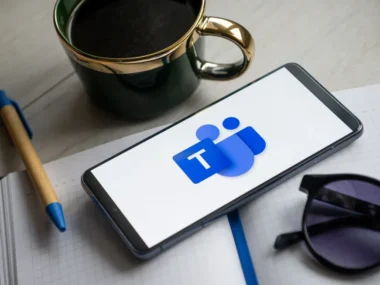It turns out that generative AI businesses can make a lot of money, but that money might not be enough to cover the costs.
ChatGPT visits the workplace
OpenAI Inc. is on track to generate $1 billion in annual income from businesses who pay to use the technology that drives the company’s most well-known product, ChatGPT. According to reports, the firm generates roughly $80 million in sales each month.
The new financial information was released a day after OpenAI made its most substantial effort to yet to increase sales by releasing a version of ChatGPT for enterprises with additional capabilities and better privacy measures. OpenAI declined to offer pricing information.
Even while OpenAI’s income is increasing, it’s not obvious if the company is getting close to profitability. Due to the high operating expenses associated with massive language model training, ChatGPT and comparable services are extremely expensive to use. As a result, cash is in high demand from AI startups. Just months after finishing a $270 million investment round, Cohere, an OpenAI rival, is reportedly in the process of seeking further funds. (OpenAI, on the other hand, has so far raised more than $10 billion, primarily from Microsoft Corporation.)
While AI firms work out their business plans, valuations seem to be increasing across the board in the burgeoning sector. A minority share sale by CoreWeave Inc., a cloud computing provider developing data centers based on Nvidia Corp. chips, could raise $8 billion or more for the firm. At a $43 billion valuation, DataBricks Inc., a software provider of solutions for data, analytics, and artificial intelligence, is also in discussions to raise money.
Due to the enormous demand for all things AI, one small Caribbean island is currently enjoying a windfall. Anguilla, a British overseas entity, is in charge of allocating domain names that end in.ai, and this year’s registration fees from businesses and individuals might total $30 million.
Additionally, the global AI arms race might only get hotter. Baidu Inc. and SenseTime Group Inc. received approval from China to provide generative AI tools to the general public and take on US companies like OpenAI.
Governments are still trying to determine how to react to the development of AI. Legislators in the UK are urging the nation to intensify its efforts to ward off adversarial uses of AI, particularly bad actors who would exploit the technology to deceive the public. Senator Chuck Schumer in Washington, meantime, summoned leading tech executives, including Elon Musk and Mark Zuckerberg, to a closed-door meeting on September 13 to discuss the implications of AI before considering any laws.
Regulators are getting ready for a showdown over AI even though Zuckerberg and Musk may never engage in their cage match.
In the coming week
C3.ai Inc., a software developer that recently switched its marketing strategy to AI, is expected to disclose profit results on Wednesday.











